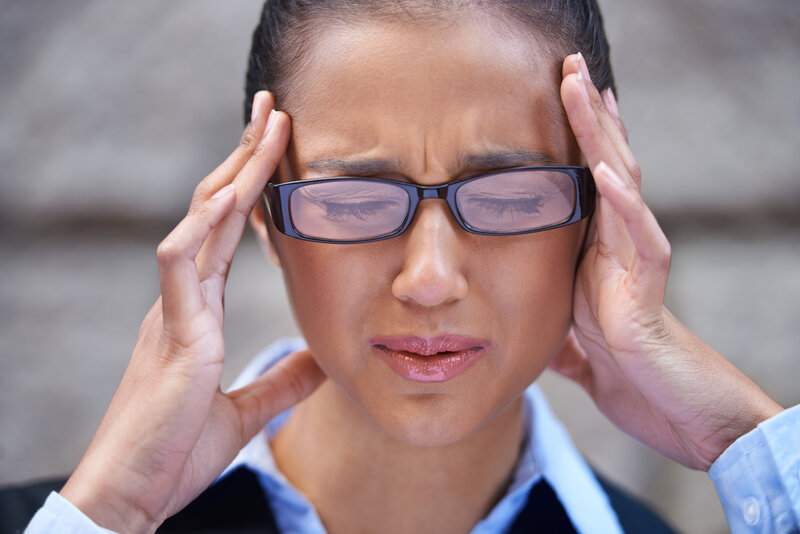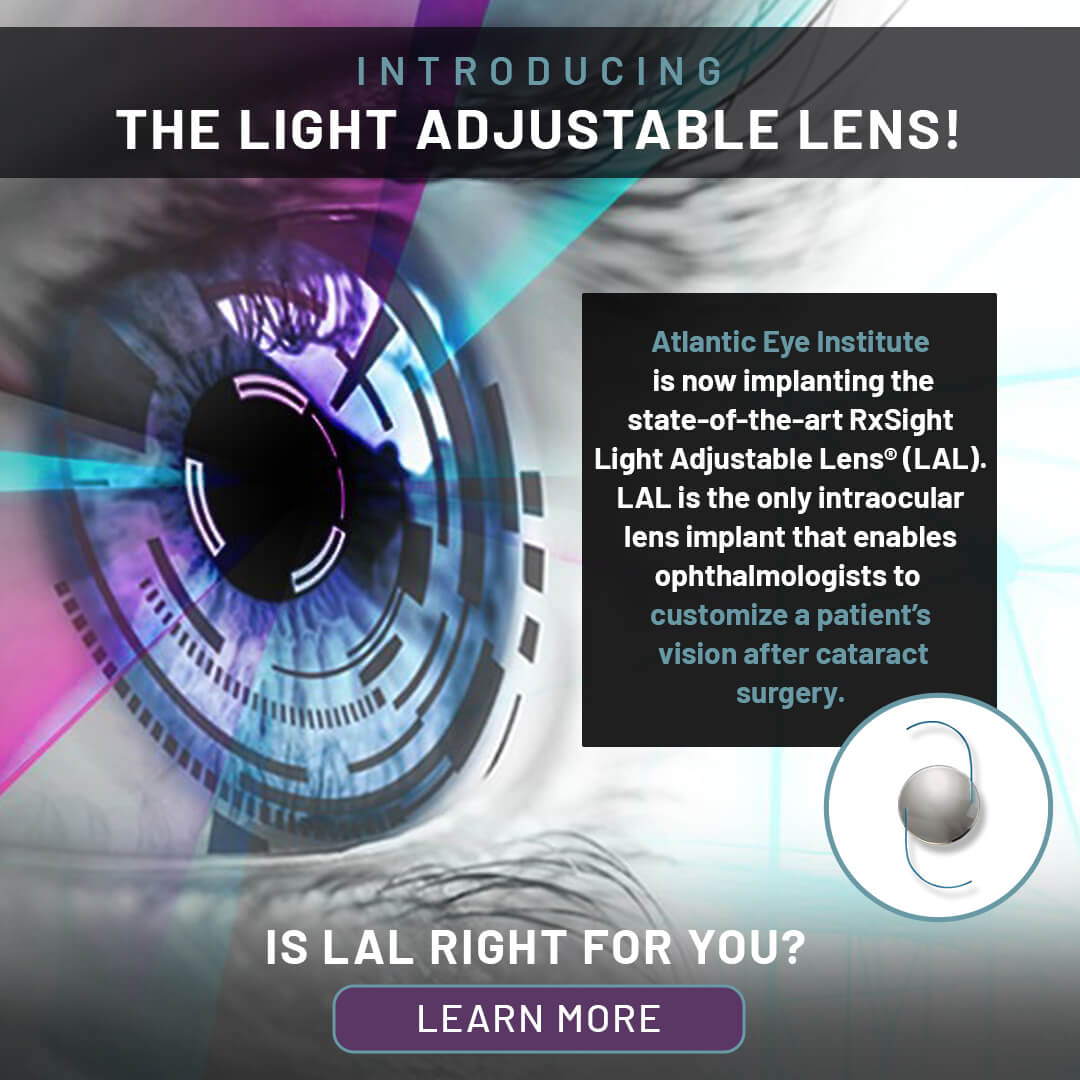Everyone experiences the occasional headache occasionally, and they are no cause for concern. However, you should always contact your physician and optometrist if you or a family member gets headaches more often than normal or if headaches are debilitating. Unusual or recurrent headaches require immediate assessment to rule out any threatening health – or vision – conditions.
Observing routine annual eye exams is the best way to rule out any eye or vision-related issues that would cause headaches or migraines.
Vision Causing Headaches Are Not Common
People like to blame their headaches on eye strain or vision issues. In fact, very few actually are. Unfortunately, information about headaches varies widely, as does any pertinent information about what causes headaches. Echoing the words of Harvard University, “Doctors don’t fully understand what causes most headaches.”
That said, we have correlated the most common causes of the average headache, which include (HU):
- stress
- lack of sleep
- fatigue
- hunger
- caffeine withdrawal
- abrupt cessation of medications that contain caffeine, such as some pain-relieving medications like ibuprofen (Advil) or acetaminophen (Tylenol)
- weather changes
- food and drinks, such as chocolate; processed foods that contain monosodium glutamate (MSG); or alcohol
- being around smoke
- certain smells
- bright light, such as sunlight or flashing lights
- foods, such as aged cheeses, avocados, bananas, chocolate, peas, pork, sour cream, nuts, peanut butter, or yogurt
- alcohol
- changes in estrogen levels for women (women are most likely to have headaches or migraines at particular points in their menstrual cycle or during menopause).
- taking certain prescription medications, such as nitroglycerin (Nitrostat), prescribed for a heart condition; and estrogen, prescribed for birth control or menopausal symptoms
- abrupt cessation of caffeine
- abrupt cessation of medications that contain caffeine, such as some pain-relieving medications like ibuprofen (Advil) or acetaminophen (Tylenol)
- food additives, such as monosodium glutamate (MSG) and nitrates (found in cured meats).
If you have a headache or you’re experiencing headaches more frequently, pay close attention to diet and daily routines, habits, and exposures. You may want to keep a food/activity journal – with particular attention to common headache triggers.
Vision Issues That ARE Linked To Headaches
While it’s true that most headaches aren’t related to eye or vision issues, it’s also true that certain eye and vision conditions do cause headaches. Here are some of the most common.
Eye strain
Eye muscles become fatigued when they’re strained, and this fatigue can cause them to ache or feel sore. Because the nerves around the face, sinuses, and head are so connected, it’s not uncommon for eye strain to result in more frequent headaches.
Eye strain headaches tend to be focused just behind the eyes – and can feel a bit like tension or sinus headaches. The best way to prevent eye strain is:
- Always use eyeglasses or reading glasses as prescribed.
- Adjust your lighting depending on what you’re doing.
- Take frequent screen breaks (at least every 20 minutes) when working or playing on a computer.
- Use artificial tears as needed to keep eyes hydrated and lubricated.
- Don’t watch TV in full dark – try using ambient lighting at the bare minimum.
- Verify that eyeglass/contact lens prescriptions are current at least once per year.
Preventing eye strain is one way to minimize strain-related headaches.
Dry eye
As we mentioned above, the nerves in the neck, face, sinuses, and head are all connected. Pain or inflammation in one area can create pain or discomfort in another. People with dry eyes tend to have more headaches than others, probably because of the condition’s effect on the cornea.
Eye injuries, infections, or trauma
Any injury or damage to the eye – including damage to the cornea – can create headaches. Other causes of eye pain – like infection or sinus-related issues – may also contribute to headaches. Some patients have a contact lens intolerance, which may also lead to head pain.
Overexposure to the sun or bright lights
Overexposure to sunlight (UV rays) or bright lights can damage or irritate the eyes and may also cause headaches. Wear appropriate eye protection to minimize headaches or migraines if you work in the sun or in an environment with bright lights. Chronic exposure to UV or LED lights can cause permanent damage to the eyes – including vision loss.
More rare eye conditions
Headaches may also be a symptom of more rare eye conditions, including things like an acute attack of closed (acute) angle glaucoma (the least common type of glaucoma), optic nerve infections or diseases, giant cell arteritis (GCA), some eye cancers, tumors on or around the optic nerve, and so on.
Yes, these eye and other health conditions are rare. However, they happen, and an optical exam is the only way to rule them out.
Rule Out Vision-Related Issues Causing Your Headaches
Are you experiencing more headaches than usual? Have you ruled out common headache triggers and want to look further into the cause of your head pain? Schedule an eye exam with Atlantic Eye Institute.
We’ll review your medical history and current lifestyle, provide a comprehensive eye exam, and then let you know what we find out. If headaches aren’t caused by eye strain or other vision-related causes, we recommend scheduling a physical.

